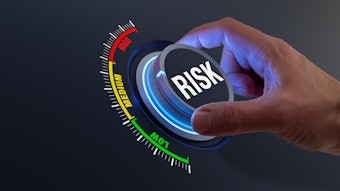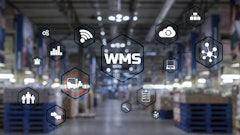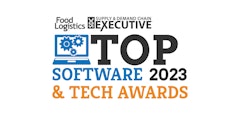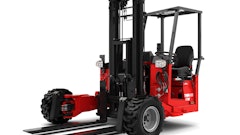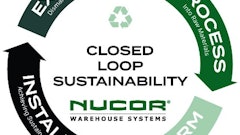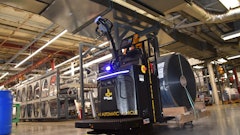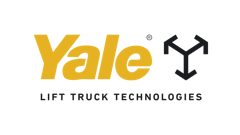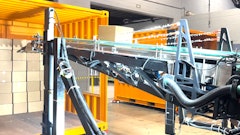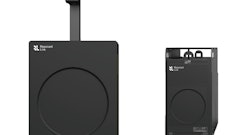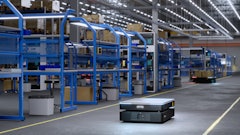Food safety and traceability are top concern for many food companies, now that the Food Safety Modernization Act has gone into effect. The Food and Drug Administration (FDA) now has the authority to regulate about 80 percent of the U.S. food supply and the Act gives the agency more power to call for mandatory food recalls for unsafe or adulterated foods instead of requesting the recall as has been customary.
Foreign food manufacturing facilities that import into the U.S. will have to meet U.S. standards and growers and food plants will have to implement a food safety plan and provide the agency with test results. Grocery stores will also have to post notices about food recalls so consumers have that information while they are shopping.
The provisions are to be implemented over several years with the exception of the mandatory food recall powers by the FDA, which will go into effect immediately. An immediate recall power means the nation does not have to wait while the FDA negotiates with a company over whether its products are contaminated with E. coli, salmonella, or listeria.
What does this mean for companies that are facing a recall? Food Logistics recently spoke to Jeff Pepperworth, president, reverse logistics, for Inmar, a Winston-Salem, NC-based solution provider that helps retailers, wholesalers and distributors manage their reverse logistics processes.
What role does recall management play in terms of product traceability?
When recalled product returns through the reverse supply chain, Inmar systems can capture lot codes or date codes on the product on behalf of our manufacturer clients. We also have the ability to tie back to the retailer/wholesaler with lot codes and date codes.
Doing so establishes an audit point and verification that the manufacturer has correctly tracked product through the reverse supply chain in addition to their traceability efforts in the forward supply chain. This process also provides an opportunity to identify product that has been diverted so that manufacturers can respond appropriately.
When manufacturers choose to utilize authentication technology in their products, Inmar's supply chain field analysts can capture key data points for traceability and potentially identify counterfeit product that made its way into the supply chain. When products are returned for reasons such as damage, expiration, recalls or withdrawals, authentication technologies such as in package markers can be audited and data provided to manufacturers to help establish origination of counterfeit product.
How does the Food Safety Modernization Act impact the way recalls are to be handled? What changes do food companies need to be aware of?
Companies should pay particular attention to wording in the Act which states that they must provide FDA with plans and related documents during food safety inspections. It also requires “responsible parties” to notify customers. As a result, companies must ensure plans are in place and that they have the ability to capture data for monitoring and documentation purposes.
While unlikely that any company would refuse to issue a recall and force FDA's hand, the Act gives FDA mandatory recall authority, which is an expansion of its power in this area. It is important for companies to note that “Refusal or failure to comply with an order…is a prohibited act, subject to injunction and criminal prosecution.” The responsible party is also subject to fines under the Act.
Grocery stores and food retailers will now be responsible for actively alerting customers of the latest product recalls and for taking specific product removal steps in their stores. Flawless record keeping regarding all recall activities will be critical for both manufacturers and retailers as the FDA will have access to records.
With respect to recalls, food companies will need to demonstrate that they have put risk and hazard prevention measures in place, including a solid recall plan that enables the following:
- The ability to trace food and packaging throughout the entire supply chain;
- A plan to swiftly contact customers, food retailers, consignees and consumers;
- A strategy to remove recalled product from the market;
- A process to destroy or recondition recalled product according to FDA guidelines;
- A mechanism for reporting to regulatory agencies.
How does Inmar help companies comply with these regulations? What steps can companies take to ensure compliance?
Protocol development: Inmar has managed high risk recalls for more than 25 years. Our technology and operations resources enable careful analysis of each manufacturer client's organization to understand its products, processes, customers, trading partners and general culture. Detailed procedures are developed that consider all relevant factors to ensure that if a recall occurs, it will be executed effectively within that client's business environment.
Mock recalls: Costly mistakes can be made in a crisis situation. Inmar helps companies stage mock recalls, which provide an opportunity for all functional areas, including legal, marketing, sales, logistics, IT/reporting and finance/accounting, to understand their roles and interdependencies in a recall event, and to become familiar with the procedures to be followed during a recall. These exercises also provide an opportunity to identify potential roadblocks and plan resolution prior to an actual event.
How does a company analyze its supply chain to find out where it's most vulnerable? What kinds of analysis can be conducted internally and when does it make sense to work with a solution provider such as Inmar?
Inmar's Recall Planning process includes leveraging our team of supply chain analysts to identify areas of risk along a customer's supply chain as part of the recall planning process. Mock recalls test traceability systems to help ensure that root causes for a recall can be identified, as well as identify where product is in the supply chain.
There are a number of reasons to work with a third party that specializes in recall management and supply chain analysis. An experienced team brings best practices and insight from other recall events that internal teams may not have the experience to offer. A third party also brings resources, technology, operations and people that internally are most likely not available.


